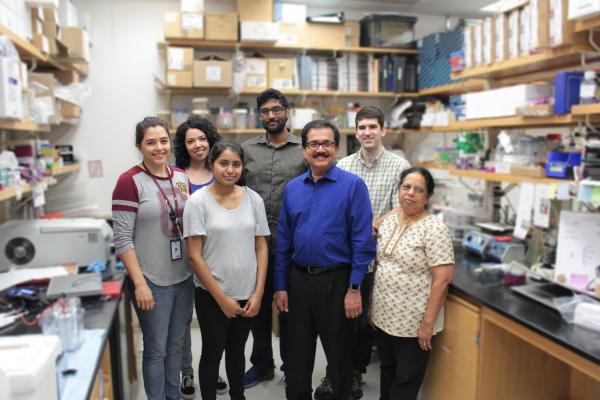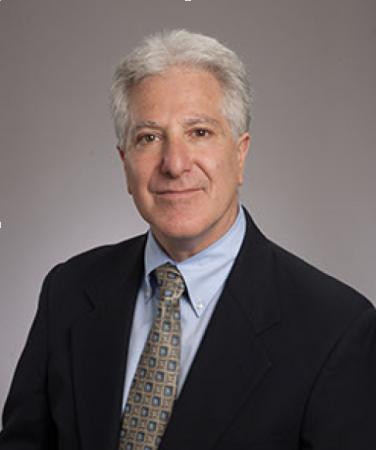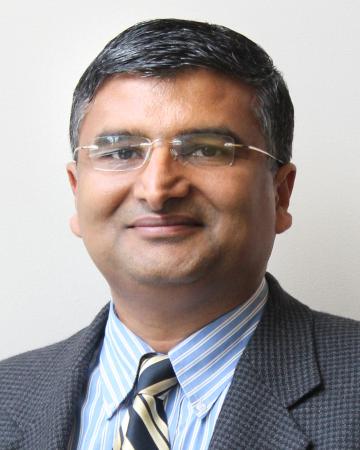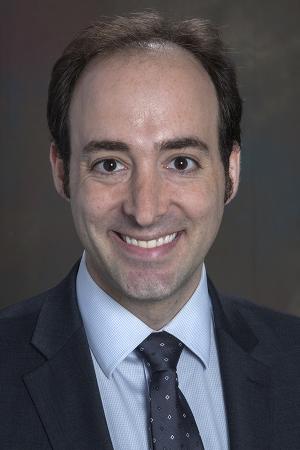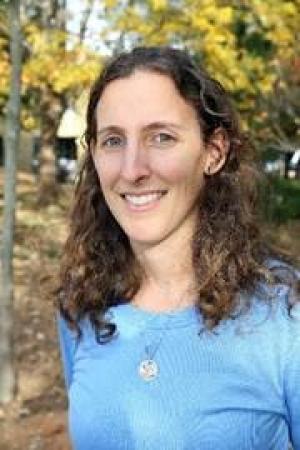The Coulter Translational Program, in partnership with the Wallace H. Coulter Department of Biomedical Engineering at Georgia Tech and Emory University, awarded $765,000 to six biomedical research projects. These awards help bring innovations in patient care into the marketplace.
The Coulter program fund provides annual awards to Emory University and Georgia Institute of Technology research teams who create products with commercial potential that address an unmet clinical need. Funding and project management provided by the Coulter program team is used to bridge the gap in development between early stage university research and its commercialization.
Out of 54 applications in this year’s funding cycle, the below innovative projects were selected by a committee comprised of venture capitalists, industry, entrepreneurs, doctors, biomedical engineers and technology transfer experts from both universities.
1. Antiviral Peptide: a broad-spectrum antiviral drug used for the treatment of the Influenza virus. The therapeutic discovery platform has identified therapeutic peptides with broad-spectrum antiviral activity.
Principal Investigator: Joshy Jacobs, Emory University
2. Neurodegenerative Disease Diagnostic: a mass spectrometry-based immunoassay that can detect and track biomarkers to determine progression of neurodegenerative disease earlier and more reliably that clinical manifestation of symptoms.
Principal Investigators: Allan Levey, Emory University; Duc Duong, Emory University; and Nick Seyfried, Emory University
3. Nanoparticle Screening for Gene Therapies: a high throughput DNA barcoding platform that identifies lipid nanoparticles that can deliver gene therapies to targeted tissues and organs with high specificity.
Principal Investigator: James Dahlman, Georgia Tech
4. Steerable Guidewire: a robotically steerable guidewire tip to enable greater maneuverability and navigation in vascular spaces.
Principal Investigators: Jaydev Desai, Georgia Tech and Zach Bercu, Emory University
5. TUMAAS Breast Pump: a wearable, portable breast pump that can draw milk with minimal noise.
Principal Investigator: Andrea Joyner, Emory University
6. Wheelchair In-seat Activity Tracker (WiSAT)*: an in-seat activity tracker to encourage weight shifts and reduce pressure ulcer formation.
Principal Investigators: Sharon Sonenblum, Georgia Tech, and Stephen Sprigle, Georgia Tech
*Support for this project is in partnership with the Rick Hansen Institute.
“There is a rich pipeline of commercializable patient-impacting technologies at Georgia Tech and Emory University. This year’s applicant pool was exceedingly competitive” says Shawna Khouri, managing director of the Coulter Translational Program. “The projects selected to be a part of this cohort have a strong potential for commercialization and we’re eager to work with our PIs to grow these opportunities and advance them aggressively toward the market.”
To learn more about the Coulter Translational Program and its funding and partnership opportunities, visit www.coulter.gatech.edu.
The Coulter Translational Program is a partnership with the Wallace H. Coulter Department of Biomedical Engineering at Georgia Tech and Emory University to fund and support the translation of technologies that address an unmet clinical need and will lead to a commercial product. The primary goal of the program is to improve patient care through collaborations between clinicians and engineers to commercialize biomedical technologies.
###
Media Contact
Walter Rich
Keywords
Latest BME News
Jo honored for his impact on science and mentorship
The department rises to the top in biomedical engineering programs for undergraduate education.
Commercialization program in Coulter BME announces project teams who will receive support to get their research to market.
Courses in the Wallace H. Coulter Department of Biomedical Engineering are being reformatted to incorporate AI and machine learning so students are prepared for a data-driven biotech sector.
Influenced by her mother's journey in engineering, Sriya Surapaneni hopes to inspire other young women in the field.
Coulter BME Professor Earns Tenure, Eyes Future of Innovation in Health and Medicine
The grant will fund the development of cutting-edge technology that could detect colorectal cancer through a simple breath test
The surgical support device landed Coulter BME its 4th consecutive win for the College of Engineering competition.

